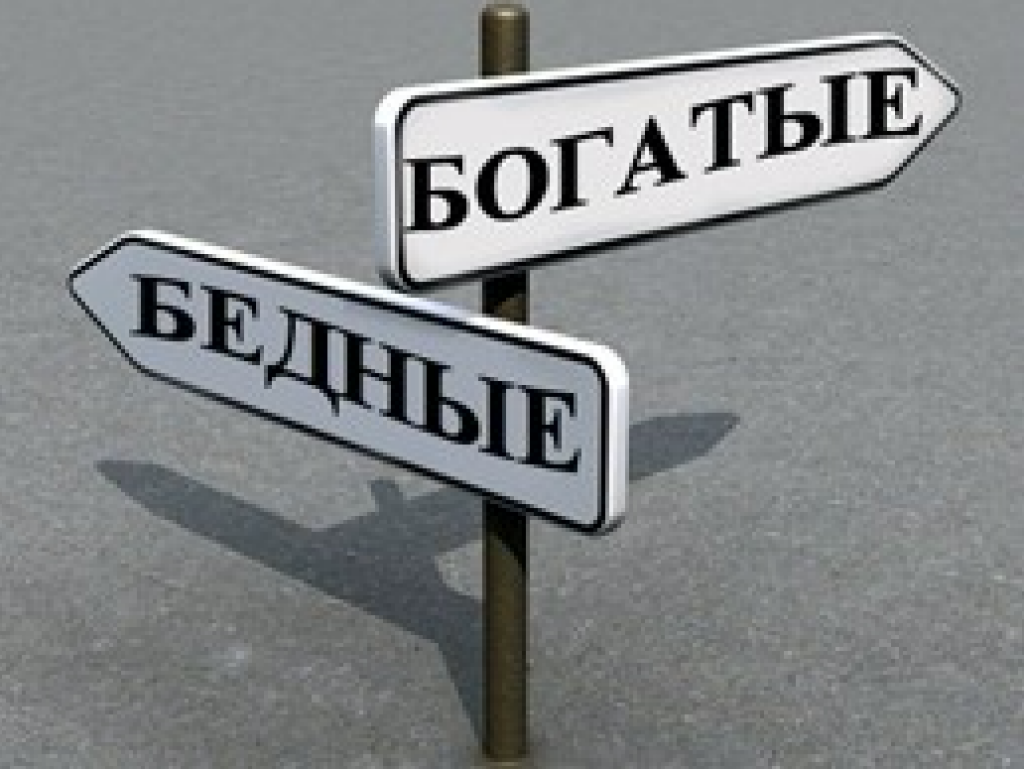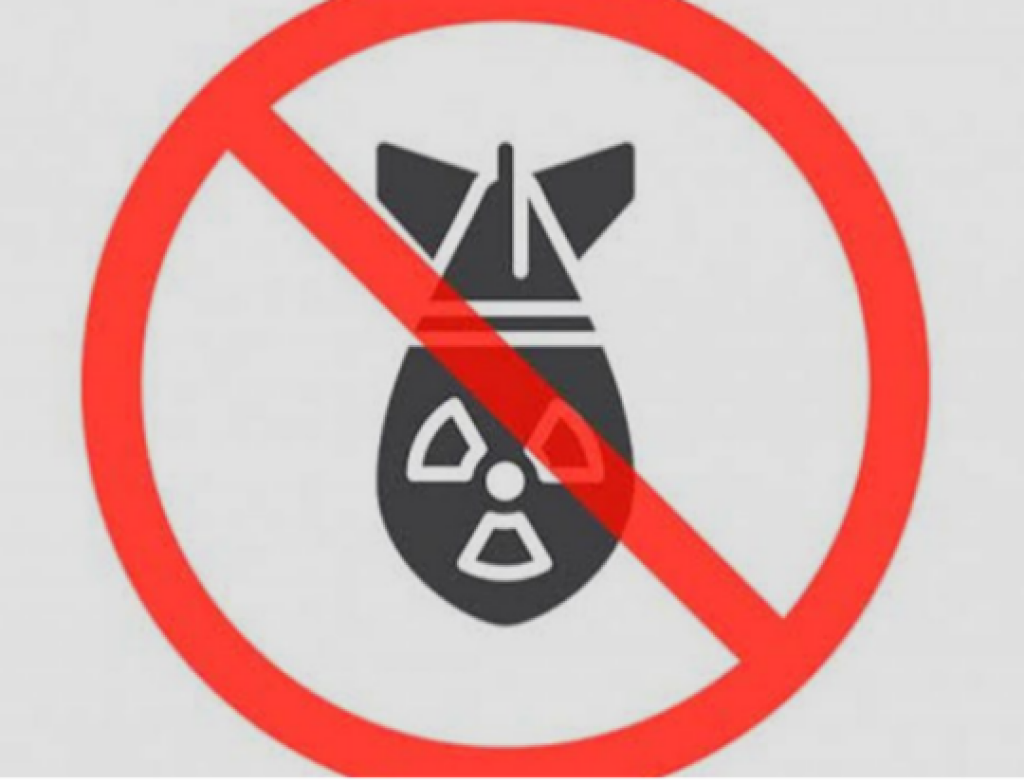Maria Arievitch is a Sociology student at the College of Arts and Science at New York University, interested in studying wealth and inequality on a comparative international scale.
How do Russians view wealth and income inequality as compared to their US counterparts? More importantly, how often are they asked?
What the Polls Show
On the website of Levada, one of Russia’s most respected independent sociological polling organizations, the “economy” section is a rather small link in comparison to categories such as “Putin,” “Ukraine,” “power,” and “elections.” Within economic polls, questions focusing on inequality are remarkably scant, instead favoring subjects such as individual progress, personal financial status, and economic growth in general, disconnected from a larger picture of wealth distribution and income inequality. Some questions come close, asking, for example, whether “large business is impacting the country positively or negatively?”Other questions highlight important issues indirectly; when asked to name the single major threat to their country, just under half of the respondents in 2014 cited poverty as the main culprit.[3]
Polls in the United States, by comparison, seem to raise such questions more pointedly. Surveys conducted by major establishments such as Pew Research, Gallup, and the New York Times and CBS ask whether Americans believe the gap between the rich and the poor is growing in the United States, and whether they find this to be a major national problem. The results clearly and accessibly display an acknowledgment of growing income and wealth inequality: sixty-three percent of respondents in a Gallup poll in 2015 agree that money and wealth distribution is unfair, while the New York Times and CBS report that 66% of Americans favor the redistribution of money and wealth in a more egalitarian manner.
Interestingly, the Gallup poll goes on to show that these percentages have remained largely fixed over the past thirty years. A possible conclusion: Americans are aware of the problem and have done little to nothing, while Russians are less aware of the problem and have in turn also done little to nothing. Furthermore, is it conceivable that while Russian polls have avoided outright the major question of inequality in an effort to stifle public outrage, American politicians and media outlets have for several decades committed the potentially greater crime of ignoring citizens’ clear demands for a more just society?
Locating the Disconnect: Perceptions of Economy
How the public views its economy can provide some key insights into perceptions of personal agency within the political system. Most Russians do not appear to anticipate major economic change in the future: a majority thinks their economy is “average,” and perceptions of their personal status tend towards a verdict of “negative” or “just bearable.” Aside from a literary tradition of general suspicion towards an excessively cheery attitude, such findings could point to a certain sense of political and economic fatalism. In reality, an increasing number of Russians have access to cars, technology, and summer homes – all deemed as aspects contributing to a “good life.” At the same time the poll reflects a vague premonition, if not a significant awareness of economic change and of the growth of inequality, with a sizable percentage feeling economic crisis is possible and even imminent, and 49% viewing poverty and rising prices as a pressing issue. This discrepancy between many Russians’ objective socioeconomic status and how they themselves conceptualize it is a fascinating portrayal of how Russians think about inequality – when at all.
The ideological lens highlights another rather interesting contradiction. Russian attitudes towards Western capitalism, business, and entrepreneurs are largely positive, the majority viewing those involved in business in the West as hardworking people with “business acumen.” This mindset, however, does not hold for their own Russian entrepreneurs, whom they largely perceive as dishonest and money-grubbing, with 53% of respondents viewing their work as motivated by “acquisitiveness and greed.”There appears to be great hopes for economic growth under capitalism in general, but very little for betterment in Russia under these same mechanisms. There is no evidence within the polls to show that Russian citizens make a connection between domestic and international corporations as a contributing factor to the widening gap between the rich and the poor. Their rather pessimistic view of domestic business in contrast to foreign capitalists is particularly interesting given the United States’ and Russia’s comparable measures of inequality using the Gini Coefficient.[10] This intense hostility Russians experience towards their own “one percent” and simultaneous absolution of western capitalists of the same sins is perhaps indicative of an inability to associate inequality with the repercussions of structural economic institutions both in their country in the West.
Meanwhile, American discontent with its own system is rising: the Pew Research Center reveals that 60% of Americans surveyed in 2014 believe that the American “economic system unfairly favors the wealthy” and Gallup discovered that confidence in big business is merely at 21%, an all-time low. The same survey asked questions regarding the weak influence of labor unions in the United States, displaying an increasingly greater confidence in unions and small businesses over corporations. It is important to note, however, that despite this growing awareness of the inequities perpetuated by the US free-market economy and the concerted decades-long attack on labor, there is no consensus about solving the problem, with poll numbers being split on questions such as government intervention and welfare. Once again, it is worth questioning whether this polarization of opinion despite common interests is a result of purposely divisive political rhetoric and partisanship within the American two-party system.
Bridging the Gap: Prospects for the Future
According to Levada, most people believe in the foundational principles of democracy and their importance for Russia, with the value of “economic development with more concern for people rather than profit” standing out as most crucial for the future. The path to it, however, is unclear: only 28% of respondents envision a Western-style state “with a democratic system and market economy”; likewise, an inconclusive but significant 23% of the countries reflected a nostalgic desire for a “Socialist state like the USSR.” 38% percent of respondents, the majority, opted for an undefined “state with a unique system and own path of development.” At best these results suggest a vague desire for a nationally personalized but unspecified system, and at worst a rift within a population that wants radically different things. Either way, all signs point to a public that hopes for the best, without a clear idea of what “the best” may be.
In the United States, while public data reveals the majority’s desire to make the country more economically just, an equally vociferous counterforce dismisses the question as unimportant. The notoriously conservative and corporate-minded think tank American Enterprise Institute, for example, claims that “inequality does not appear to be a top-tier concern,” producing its own statistic claiming that 70 percent of Americans “believe that most people are better off in a free market economy even though some people are rich and some are poor.” [16] Evidently, despite the seemingly greater transparency, the discourse on inequality in America remains riddled with partisanship and divisive rhetoric.
Which is Worse?
In both countries there are strong forces working against policies promoting economic equality, whether through open suppression of the issue or by a lack of policy changes that would reflect the ample discussion of the issue. It would be easy to employ the tired trope of anti-democratic, Soviet-style censorship in modern Russia; deviating from this popular thesis would require critical and likely unpleasant engagement with America’s own political reality. It is hard to say which situation is worse, and perhaps for now there is no need to do so. For in order to advance to this stage we must first demand that our media and our politics stop avoiding the questions around which everyone has tiptoed for so long: is our society a just society? Has our system ceased to serve its citizens? And is there a limit to how long this dishonesty can continue?



